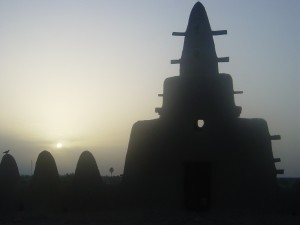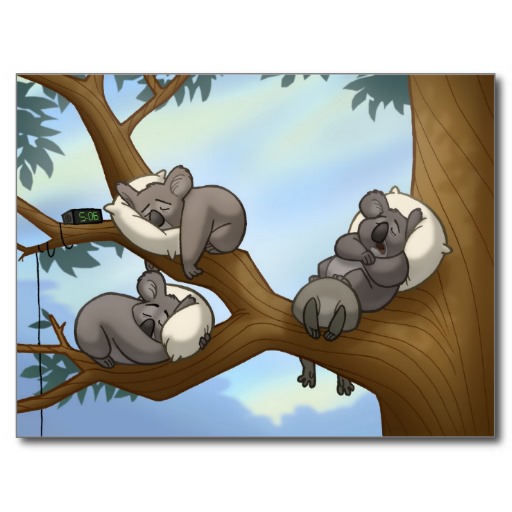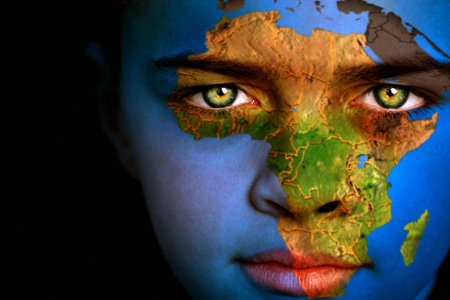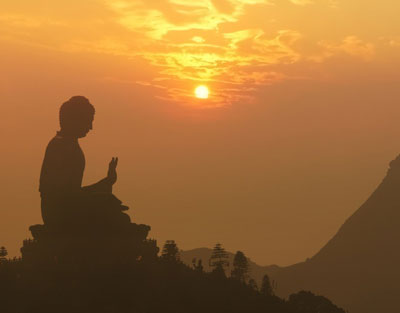- SENIOR FINAL MONTH– updated 5/11/15
- Please go here for 2020 Letter to Myself.
- Please go here for Content/Grade Guidelines for Exploring Africa 2015.
- Please go here for specific Guidelines – Fishline Timeline.
- Please go here for Excellent Sources on Africa. And tips for the timeline.
- Please go here for Tuesday / Thursday All Africa SSR Guidelines
- Please go here for Africa News Weekly assignment guidelines.
- Please go here for guidelines to GCR – Google Classroom Reflections.
- Please go here for Africa Map Test word bank and practice sites.
- Please go here for a link to Last King of Scotland. We plan to watch.
- Please go here for a link to Hotel Rwanda. We plan to watch.
- Brock Luttrull, Shannon Depender, Tyler Schuab and an unidentified European foreign exchange student cramming for SCI Final Exam.
In June of 2006, before I left for Morocco I couldn’t have told you the specific location of more than a dozen African nations. My BA studies in History from Michigan State University included no African courses. Neither had I traveled to or read much about the continent. Consequently, until 2007 I hadn’t taught Africa with the background knowledge or passion that my students deserved. Unfortunately, that’s typical for many Americans Social Studies teachers.
Things however, for me, changed significantly that summer. The Fulbright Foundation introduced me to Morocco and Mali, and in the process provided me access to the soul of two strikingly different and fascinating nations. I met Arab Moroccans, proud of their country, working diligently to improve their living standards and quality of education, not just for themselves but also for all of their citizens. I traveled the Niger River in Subsaharan black Africa, in Mali. I walked through villages along the river and up into the Doggone cliffs. I visited with native teachers, businessmen and women, activists, with students and government officials. I listened and drank tea and bought all sorts of stuff in the souks of both places.
Since then, I’ve widened my search through reading, and in 2011 wrote a Master’s Thesis on the Arab Spring and overthrow of Egypt’s Hosea Mubarak. Then in the summer of 2013 I was privileged to travel six weeks in South Africa, with brief stops in Swaziland and Lesotho. We traversed the entire country, from ocean to mountains, big game reserves and beautiful Capetown. I wasn’t ready for such diversity. Nor, did I comprehend its huge problems and complicated history. South Africa is amazing in so many ways. If nothing else these experiences throughout the entire continent have broken down a barrier that I carried for a long long time.
 For the past eight years, I’ve tried to make the study of Africa, its problems and its people, it culture, history, and economics a focus in both Senior Current Issues and Economics. By Exploring Africa in Senior Current Issues we will work to bring individual nations into focus not only for our class, but for all of the students who come into room 112. To do this effectively you will be expected to dig into the past and explore the present of your chosen state. In the process you will teach us all. It’s my hope through our efforts at Exploring Africa that you will find the same fascination and mystery, sometimes horror and sadness, that has drawn me in its direction.
For the past eight years, I’ve tried to make the study of Africa, its problems and its people, it culture, history, and economics a focus in both Senior Current Issues and Economics. By Exploring Africa in Senior Current Issues we will work to bring individual nations into focus not only for our class, but for all of the students who come into room 112. To do this effectively you will be expected to dig into the past and explore the present of your chosen state. In the process you will teach us all. It’s my hope through our efforts at Exploring Africa that you will find the same fascination and mystery, sometimes horror and sadness, that has drawn me in its direction.
For so many reasons you need to know this continent. African people depend on first world support for the capital and infrastructure they require to overcome their many challenges. In addition the continent is loaded with natural resources, which are becoming a primary target as the first world continues to drain its own coffers. As a hub of valuable resources the West and China are continually re-evaluating a precarious relationship between one another, and their influence and tactics in dealing with the states of Africa. Meanwhile those states are going through their own economic boom. Within your lifetime, it will be Africa that is the rising economic star in world; that alone is reason for you to learn as much as you can.
As for the political states that make up that continent, their stability is a major concern of the West’s often ineffective war on extremism. And since we live in the wealthiest country on the planet, we have a responsibility to care about a continent, struggling with many third world  challenges, whose history is so intertwined with our own. Standardized tests including the ACT and SAT, as well as the GRE feature the African continent – this study will provide you much needed awareness, and help to improve those scores. Our study should get you ready for a collegiate study of the non-Western world; most students go into those classes empty; you will be awake…at least a little. And finally Africa is a very cool place to get to know and a wonderful land to travel.
challenges, whose history is so intertwined with our own. Standardized tests including the ACT and SAT, as well as the GRE feature the African continent – this study will provide you much needed awareness, and help to improve those scores. Our study should get you ready for a collegiate study of the non-Western world; most students go into those classes empty; you will be awake…at least a little. And finally Africa is a very cool place to get to know and a wonderful land to travel.
Exploring Africa will cover our final four and a half weeks of Senior Current Issues. Make sure to check at the start of this post for Unit Requirements. Stay on track and you will learn a lot.
So lets get moving – and maybe our eyes can be opened to a vast new world…Inshallah.



















































































































